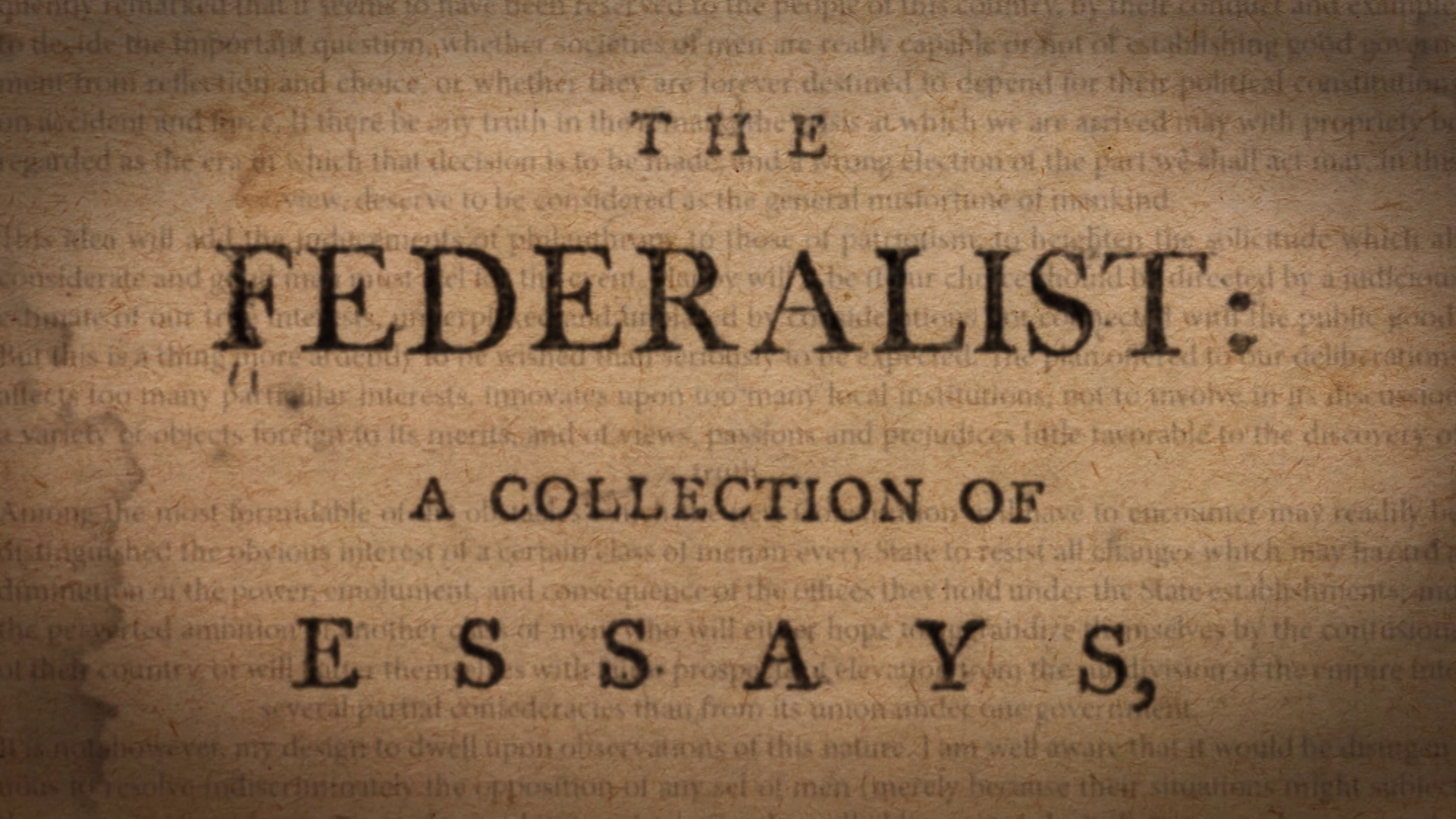The Federalist is a collection of 85 articles and essays written under the pseudonym “Publius” by Alexander Hamilton, James Madison, and John Jay to promote the ratification of the United States Constitution.
The Federalist is a collection of 85 articles and essays written under the pseudonym “Publius” by Alexander Hamilton, James Madison, and John Jay to promote the ratification of the United States Constitution.
Publius a fitting tribute since Publius Valerius Poplicola or Publicola (d. 503 BC) was one of four Roman aristocrats who led the overthrow of the monarchy.
I was first drawn to the Federalist papers when reading Chernow’s book on Alexander Hamilton. Not being from the US, I hadn’t heard of them till now and wanted to follow up, and that led me down the rabbit hole of the federalist writings.
The Federalist Papers were the design of Alexander Hamilton, The purpose of the papers were to promote the ratification of the United States Constitution, as well as a rebuttal to the articles published against the ratification of the new constitution.
These papers and the political climate at the time ultimately led to a showdown against the anti-federalist including George Clinton. While New York did finally ratify the constitution and many historians believe its impacts were minimal, the writing provides a glimpse into the challenges faced by the founders, what their hopes and aspirations for the country were.
I hope to draw on a few quotes from the articles as I read them, that I believe are relevant now more than at any other time in history.
As the debate rages on, on what American values are and what the identity of America is within itself and to the world, I think it is important to have an understanding of where it all began and what their intentions were, while understanding it was during a different time, at a different stage in history.
I still believe that the core values in which these founding fathers, flawed men, but still good men, with good intentions, acted, are still relevant today as it was then.
NO -1- by Alexander Hamilton
It has been frequently remarked,that it seems to have been reserved to the people of this country to decide, by their conduct and example, the important question, whether societies of men are really capable or not, of establishing good government from reflectio nand choice, or whether they are forever destined to depend, for their political constitutions, on accident and force.
In his introduction, Hamilton draws on the importance of being an engaged population actively participating in deciding its future vs having a certain elite class have power and decided America’s future.
In my reading of Chernow’s book on Hamilton, Hamilton doesn’t seem like he was partial to the more educated, which at that time, were the more inherently wealthy, that were holding office in government. But Hamilton wanted common men to still actively participate in charting their future.
In the course of the preceding observations it has been my aim, fellow citizens, to put you upon your guard against all attempts, from whatever quarter, to influence your decision in a matter of the utmost moment to your welfare, by any impressions, other than those which may result from the evidence of truth.
The truth and facts based in truth were an issue of argument, well before our times and was a challenge to having a logical credible dialog. It is interesting how in these papers, Hamilton and the other federalist authors challenge arguments of the anti-federalist. Not only challenge them but address some of their fears. It will be interesting as I read on to see how honest their attempts are in this endeavor.
the Thirteen States are of too great extent for any general system, and that we must of necessity resort to separate confederacies of distinct portions of the whole.* This doc- trine will, in all probability, be gradually propagated, till it has votaries enough to countenance its open avowal.
George Washington called the American political ideal “The Great Experiment.” The more I read, the more I find out the story of its founding, the more I realize the enormity of the challenges faced in building such a union. In our own times, as ethnicities religions and ideas drive us to separation, and each presidential election divides us and talk of secession is heard every 4 years, it truly was an experiment to unite and build such a union.
